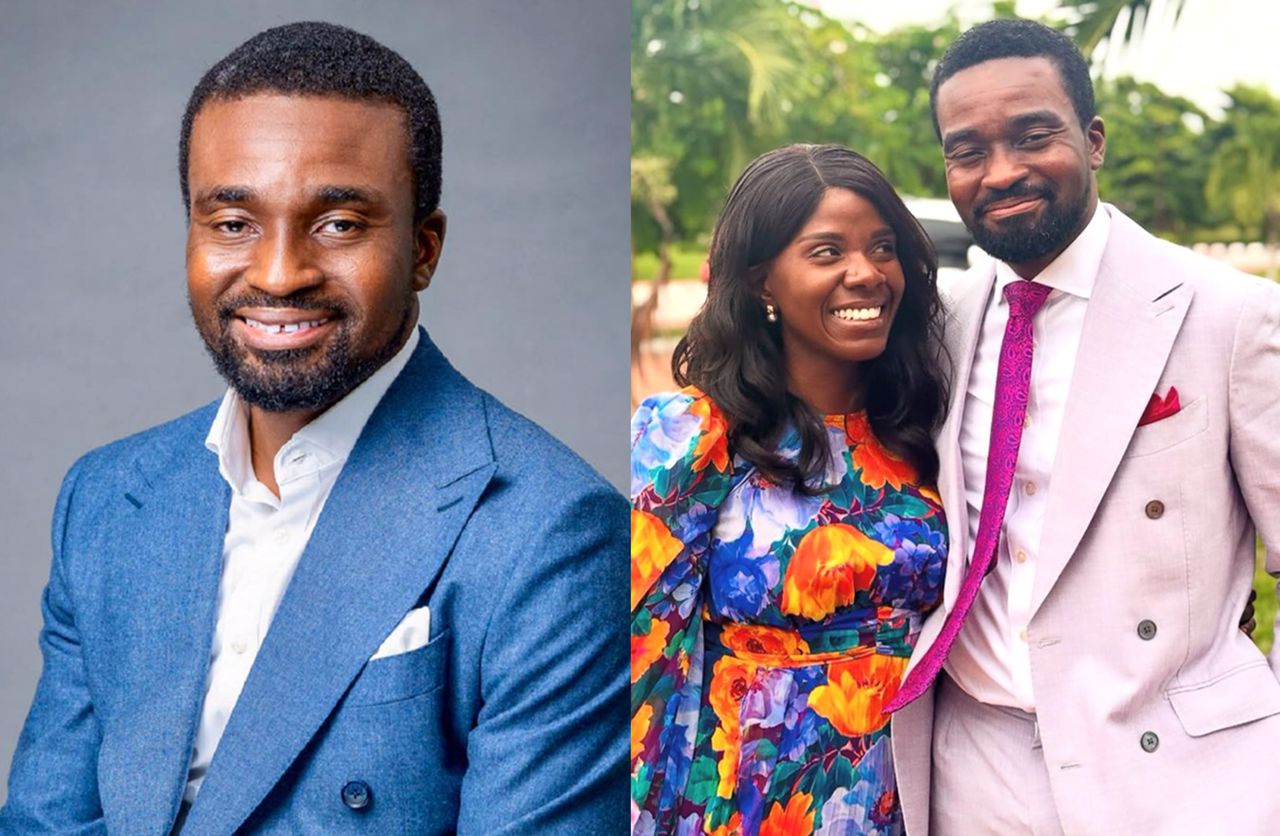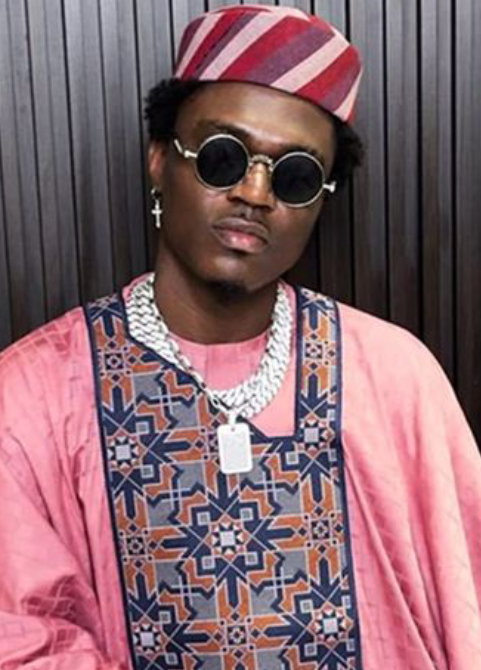
“How is being single at 40–45 a problem?” – Omowunmi Dada boldly shuts down X user who mocked unmarried women

Nollywood actress Omowunmi Dada has once again shown her fearless spirit and unapologetic voice after she clapped back at an X user who tried to belittle women who remain unmarried in their forties. The drama began when the award-winning actress shared a fun skit on her social media page, entertaining her fans in her usual lively and comedic style. However, the post attracted an unsolicited and rather insensitive comment from a user identified as @AdeduluE, who wrote, “Ko lovee oo. When you clock 40–45 yet still single you will understand.” The statement, laced with mockery, implied that women who are unmarried by their mid-forties are to be pitied or viewed as incomplete.
But Omowunmi Dada, never one to bow to societal pressure or allow her existence to be defined by narrow stereotypes, hit back immediately with a sharp and thought-provoking question that quickly went viral. She replied, “And how is being single at 40–45 a problem?” With those few words, she not only defended herself but also echoed the voices of countless women who are constantly shamed or judged for not fitting into society’s timeline of marriage and motherhood. Her response resonated with thousands, sparking a wider conversation on the place of women in modern society, the pressure to marry, and the importance of individual choice and happiness.
Her words lit up X, with many people applauding her courage. Supporters argued that in 2025, women should not be measured by their marital status but by their accomplishments, happiness, and values. Some noted that Omowunmi herself is a thriving actress with an impressive career, numerous awards, and recognition across Africa. Why then should her worth be reduced to whether or not she has a husband by a certain age? Others also pointed out the double standards in society: while men who remain unmarried in their 40s are often praised as bachelors or successful men enjoying their freedom, women are unfairly stigmatized and sometimes even pitied.
However, the conversation also drew in those who held contrary views. Some insisted that marriage is a natural expectation, particularly in Nigerian and African society, and that no matter how successful a woman becomes, she is still seen as incomplete without a husband and children. These contrasting opinions turned Omowunmi’s simple clapback into a full-blown cultural debate, with Nigerians divided over whether personal happiness or societal expectation should take priority.
What stood out in the whole exchange was Omowunmi’s confidence and her refusal to be silenced. Instead of ignoring the comment or brushing it aside, she confronted it head-on, forcing people to think deeply about why such a statement was made in the first place. Her question, “And how is being single at 40–45 a problem?” is not just rhetorical, it challenges an age-old belief that being unmarried beyond a certain age is a failure rather than a choice or circumstance.
The reaction from fans highlighted just how many women are tired of being judged through the lens of marriage. Many shared their personal stories about how relatives, friends, and even strangers constantly pressure them about when they would settle down. Some admitted that the fear of societal shame has pushed people into unhappy marriages, simply to avoid labels like “old maid” or “single woman.” Omowunmi’s post was described by several users as “liberating,” “refreshing,” and “a reminder that your timeline belongs to you, not society.”
Cultural critics also weighed in, stressing that the entertainment industry has an important role to play in shaping narratives. They noted that actresses like Omowunmi Dada, who openly question societal norms, can help reduce the stigma around single women and create more positive representations of independent women in movies, media, and public discussions. Some even pointed out that her response could inspire scriptwriters and directors to tell more stories of women who thrive without marriage, breaking away from the typical narrative that portrays marriage as the ultimate end goal of every female character.
Interestingly, this exchange also highlighted the changing mindset among the younger generation. Many young Nigerians rallied behind Omowunmi’s point of view, saying that the world is evolving and that success can take many forms. In their words, being married at 25 or unmarried at 45 does not make one better or worse; what matters most is peace of mind, self-growth, and genuine happiness. A few people also observed that divorce rates continue to rise in Nigeria and across the world, and rushing into marriage because of societal timelines often leads to regret and heartbreak.
Omowunmi Dada’s stance aligns with the growing global conversation around women’s autonomy. In many parts of the world, especially in developed countries, more women are choosing to remain single or marry later in life, prioritizing careers, travel, personal goals, or even just peace of mind. That same trend is slowly growing in Africa, though it still clashes with traditional expectations. By publicly asking why being single at 40–45 should be considered a “problem,” Omowunmi has given a voice to this rising wave of women who refuse to be pressured into choices that don’t align with their true desires.
The actress herself has been a symbol of versatility and strength in Nollywood. Known for her remarkable acting skills and her ability to embody diverse characters, she has carved a niche for herself in the Nigerian film industry. Beyond her acting, she is admired for her authenticity and courage, qualities that shone through in this social media exchange. For her fans, this was not just another clapback; it was a lesson in confidence and a call to reject labels that limit women’s worth.
As the discussion continues to trend, one thing is clear: Omowunmi Dada has sparked a much-needed conversation. Whether one agrees with her or not, her words are forcing society to re-examine long-held beliefs about marriage, age, and fulfillment. Her clapback was not just a defense of herself, but a defense of every woman who has been told she is “less” because she is single. And in that bold question — “And how is being single at 40–45 a problem?” — lies a powerful message that challenges society to think beyond outdated stereotypes and embrace the truth that happiness has no age limit, no marital requirement, and no societal deadline.


